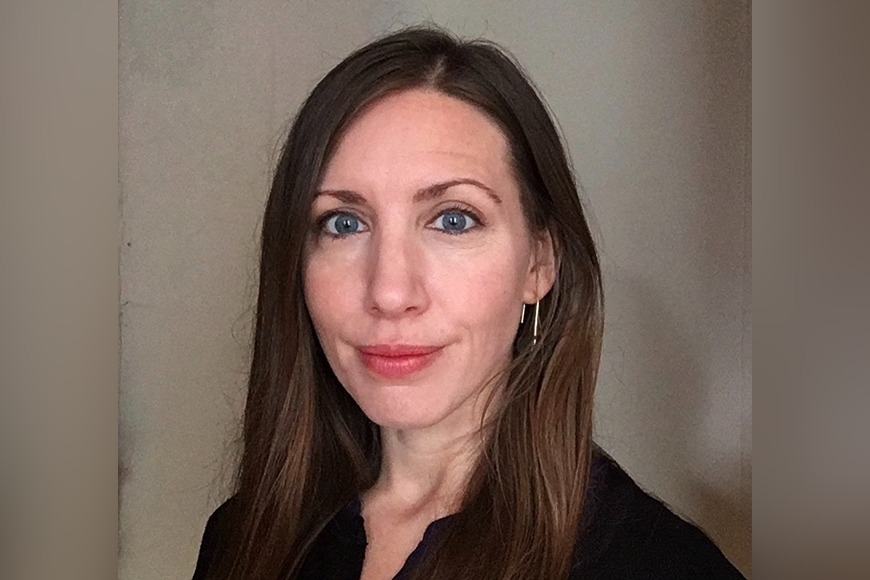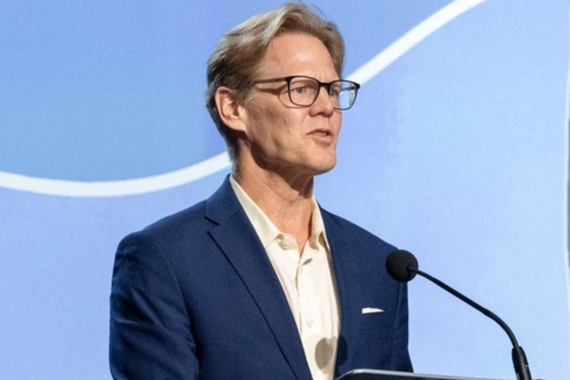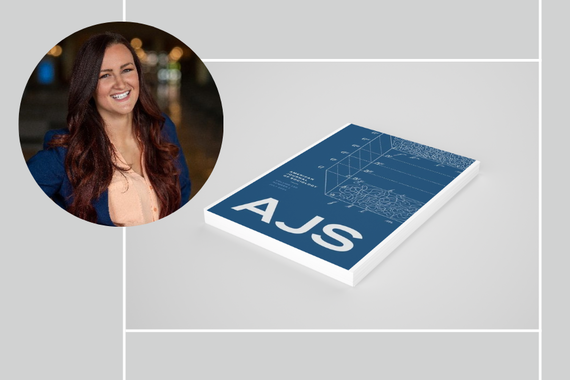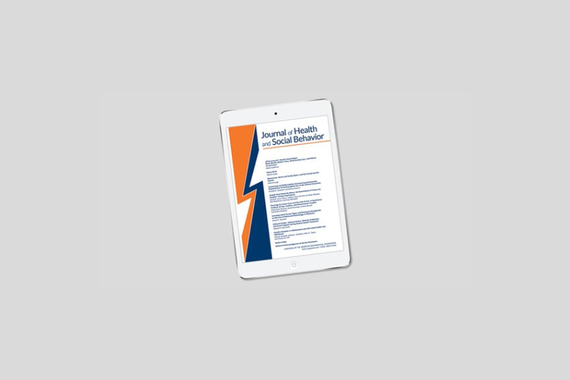From Academia to Industry: Tayler Nelson’s Research on Women’s Economic Empowerment
This past summer, Tayler Nelson, a PhD Candidate in Sociology with a minor in Development Studies & Social Change, interned with Women’s World Banking, a nonprofit organization that helps low-income women access financial services. Nelson’s internship proved to be an insightful experience, challenging her to hone her research and collaboration skills and to reassess her view of industry work.
What were your top three job responsibilities? Describe the project or projects you worked on.
As a qualitative-research intern at Women’s World Banking, I supported the research team in conducting a variety of projects aimed at economically empowering women through financial inclusion.
My major projects were conducting a literature review of the impacts of financial inclusion interventions on women’s empowerment, co-writing a policy diagnostic promoting women’s leadership in global finance, and co-writing a blog post documenting the research and advocacy efforts of a Colombian organization working on women’s empowerment that helped to build a partnership between this Colombian organization and Women’s World Banking.
My supervisors also built in numerous opportunities for networking. They connected me to gender and financial inclusion workers within and outside Women’s World Banking, which offered valuable insight into the costs and benefits of different types of work.
What was something you learned in your internship? What were you most surprised by?
Learning to do research quickly and learning to write collaboratively were challenging for me but also valuable skills that I honed during this internship. Since starting my dissertation research several years ago, I have become accustomed to researching independently and without much of a deadline. As an intern, my research tasks did not require exhaustive research as much as targeted research and the ability to meet a shorter deadline. These tasks also tended to be collaborative tasks. In writing the policy diagnostic with my supervisor, I learned how to structure documents and delegate work so that writing could happen simultaneously.
I was most surprised by the capacity of the research team to have critical conversations around international development and to implement critique into organizational strategy. I had long heard the rumor and held the stereotype that working outside of academia, and especially in international development, would require relinquishing my critiques of industry research and evaluation. While I was not with the organization long enough to witness the inevitable difficulties in translating critique into strategic change, I found myself intellectually stimulated and challenged by the conversations that were regularly happening within the research team.
How did you find your internship? What tips do you have for others seeking similar opportunities?
I used LinkedIn to locate most of the internships I applied for. However, I only received callbacks for two internship positions (including this one), and I was alerted to both of these positions via my personal network. Reaching out to people on LinkedIn who worked in jobs and at organizations that interested me was very insightful, and I’m sure I’ll continue with this tactic in the future.
At the same time, I’ve gained a newfound appreciation for personal networks during this process. It’s bittersweet that they end up being so important for non-academic jobs.
What are your top 2–3 takeaways from your internship experience? How has it helped inform your future plans?
It felt wonderful and strange to reconnect with the professional world in a research capacity. I feel that I have a better understanding of why industry professionals sometimes stereotype PhD holders as being unable to collaborate or meet short-term deadlines. These are skills that I had attained, in some ways, through my dissertation work but needed to be adjusted for a professional setting.
Through this internship, I feel more confident that I can succeed in a non-academic setting and, most importantly, that I can be intellectually satisfied outside of academia. While I’m still not sure if I will pursue international-development jobs or even leave academia, I’m almost certain I will continue to work in a role that involves gender-focused research and writing.
This story was edited by an undergraduate student in CLA.



